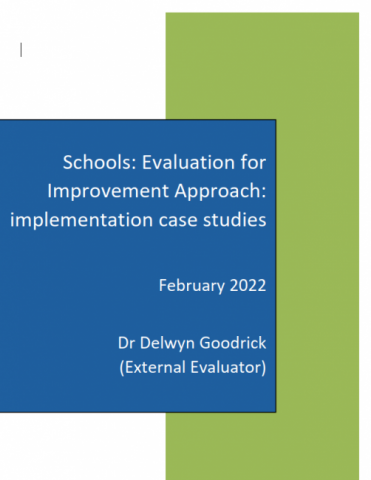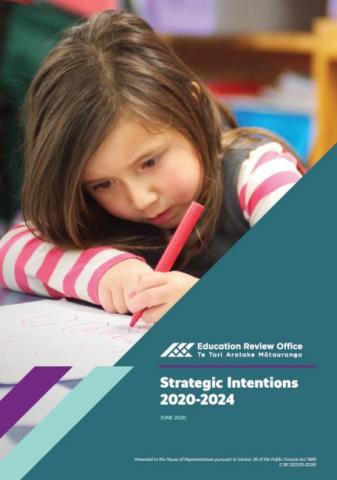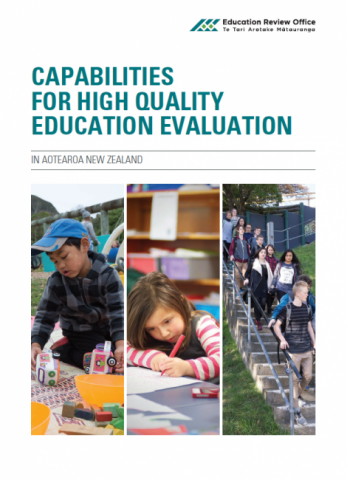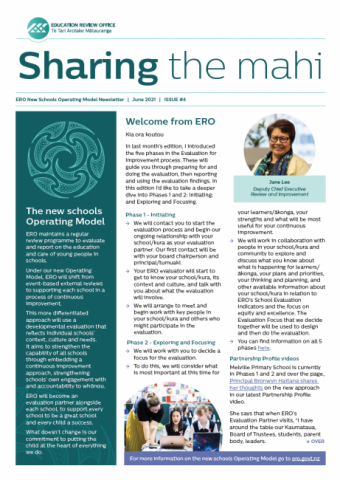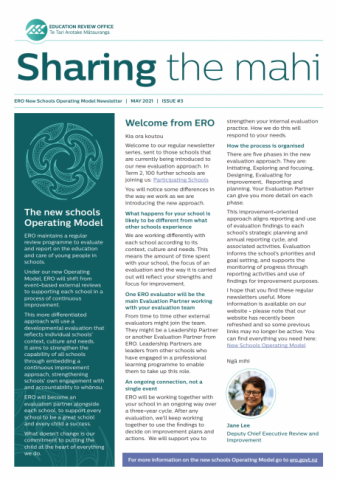How ERO Reviews Kaupapa Māori and Māori Medium Kura
Published: 31 Mar 2021
Māori medium kura are reviewed by Te Uepū ā-Motu, our Māori Review Services team. We developed a review process with Te Rūnanga Nui o Ngā Kura Kaupapa Māori for Te Aho Matua kura. You will find links to the indicators, frameworks and assurance statements here.
- Audience:
- Education
- Māori-medium
- Schools
- Content type:
- Basic page
- Topics:
- Māori-medium
- Kura
